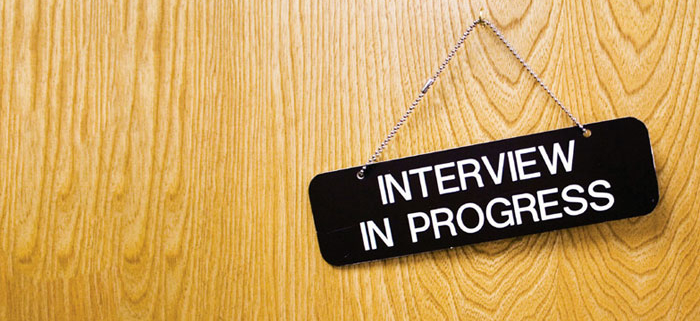Recruiting Deaf or hard of hearing people
Surveys show that more than half of people with hearing loss put off telling their employer about it for fear of being treated differently or even losing their jobs.
But any organization that welcomes and attracts Deaf and hard of hearing people isn’t just doing the right thing, but it also makes good business sense.
It’s never a bad idea to broaden your company’s talent pool or help staff reach their full potential.
How to advertise for those with hearing difficulties
Deaf and hard of hearing people can be put off applying for jobs simply because of the interview process, never mind the position. If you’re advertising a job it’s important to let potential applicants know that you champion diversity and equality in the workplace, and will support anyone with a disability.
The application process should be accessible for people who are deaf and use BSL, with alternative contact methods available other than telephone calls. It should also be clear that a BSL interpreter or speech-to-text reporter will be available during any interviews if required.
Interviewing deaf and hard-of-hearing candidates
As an employer conducting interviews, it is your legal responsibility to ensure that reasonable adjustments are made for candidates who are disabled, guaranteeing they are not put at a substantial disadvantage during the recruitment process.
Finding out about communication needs and ensuring any required adjustments are arranged ahead of the interview will give candidates the best chance to demonstrate their ability for the position and ensure they are not unfairly disadvantaged during the recruitment process.
The adjustments required will vary from person to person; it’s simply best to ask. If for example, someone plans on reading lips, then make sure the interview room is lit brightly and that the person holding the interview isn’t sitting with the sun behind them, leaving their face in shadow.
If you’re using a sign language interpreter, remember to address questions to the candidate, not their interpreter. This is important as it’s incredibly rude not to address the person you’re talking to.
Remember, under the Equality Act 2010, or the Disability Discrimination Act 1995 in Northern Ireland, you can not ask someone about their hearing loss during the interview. You should ask the applicant about their abilities to do the job, not about whether their hearing loss will mean they can’t do it.
Hiring someone with hearing loss
Remember, ANYONE you hire might have hearing loss, so it’s always good to announce to all new employees that your company values diversity and provides support for people with a disability or health condition. This may encourage new starters to tell you about any hearing loss.
A thorough induction process is particularly important for employees who are deaf or have hearing issues. It’s the ideal opportunity for practices to be set up to support someone from the very start, and carry on into the future.
Offer a Workplace Assessment to new to identify what, if any, adjustments are needed, and give team members the opportunity to learn communication skills to support their new colleague. Once the employee has started, check that any adjustments made are working and if any more are needed. If they are office based, make sure they are sitting in an area where there’s not too much background noise.
When employers show understanding and provide support, people who are deaf or have hearing loss can thrive in the workplace.




Leave a Reply
Want to join the discussion?Feel free to contribute!